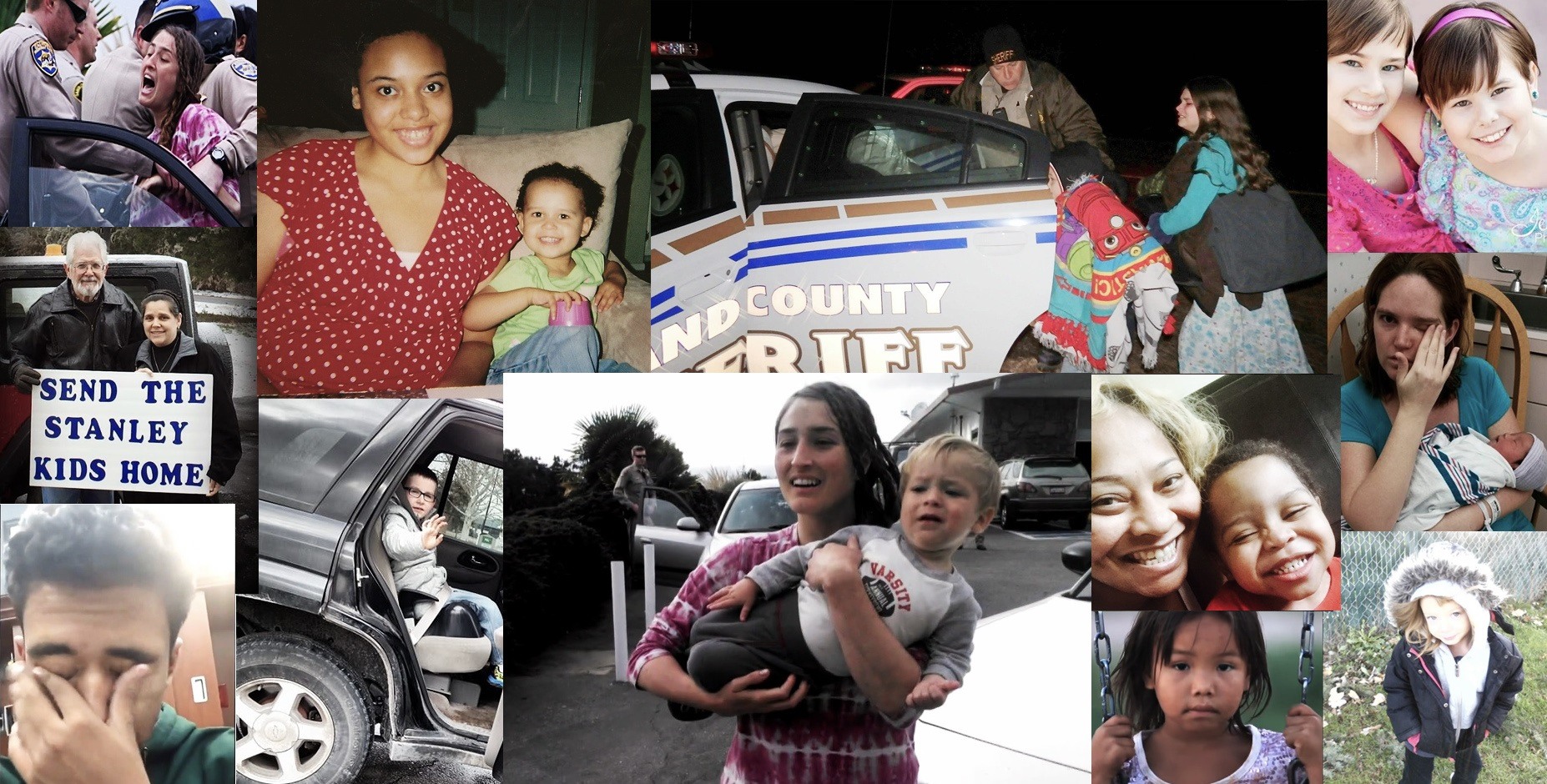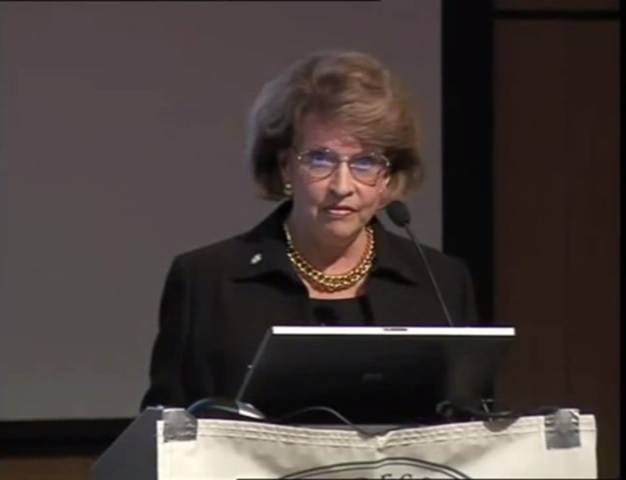Feds Pay for Drug Fraud: 92 Percent of Foster Care Kids Prescribed Antipsychotics for Unaccepted Uses
The release in late March of an alarming new report by federal investigators has confirmed in shocking new detail what has been known for years: Poor and foster care kids covered by Medicaid are being prescribed too many dangerous antipsychotic drugs at young ages for far too long -- mostly without any medical justification at all. Medicaid spends about $3.5 billion a year on antipsychotics for all ages, largely for unaccepted uses, with nearly 2 million kids prescribed them. Nationally, about 12 percent of all the nation's 500,000 foster care children have received Medicaid-paid antipsychotics at some point, often because they haven't been offered proven, "trauma-informed" intensive therapies, according to Kamala Allen, director of Child Health Quality for the Center for Health Care Strategies.









